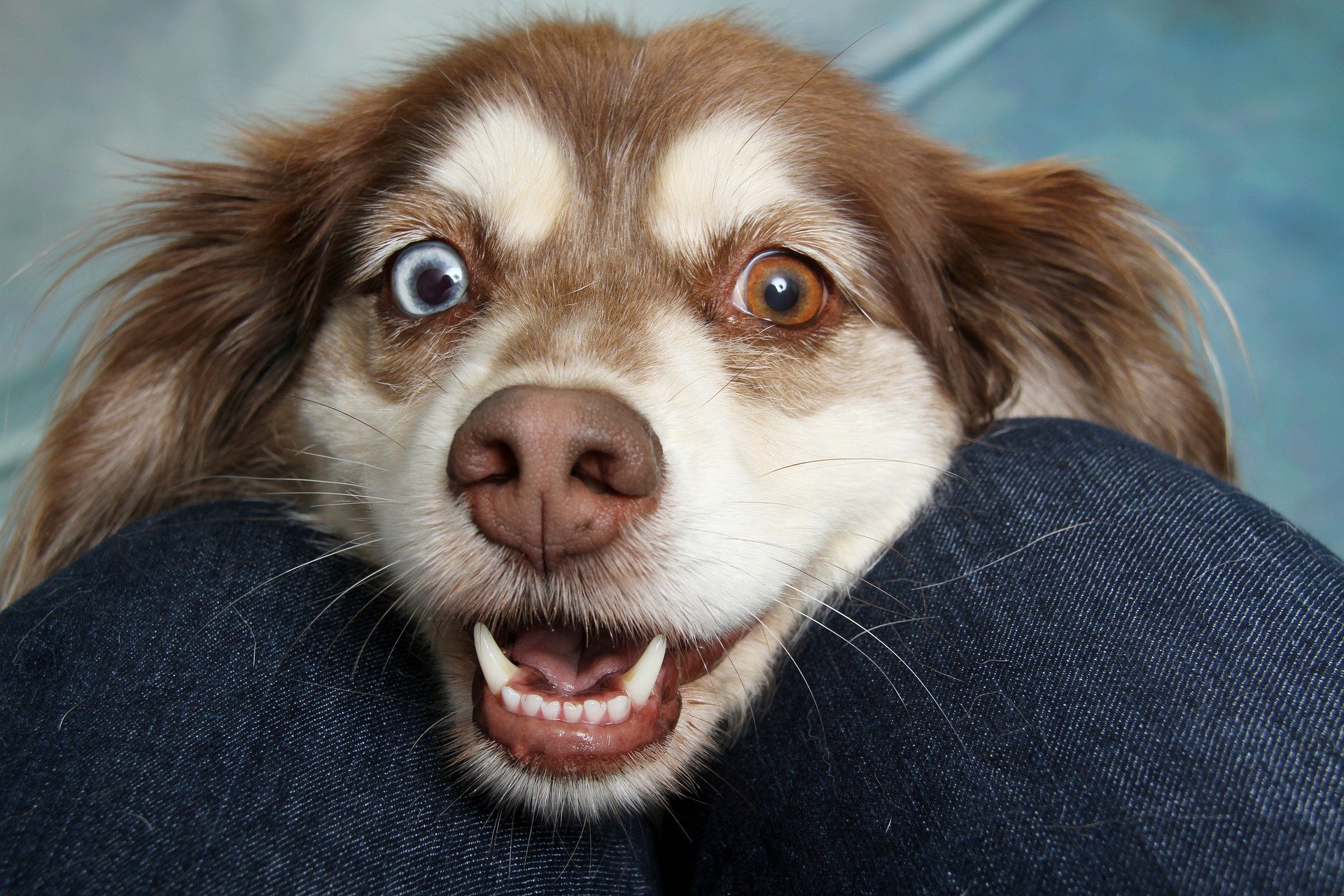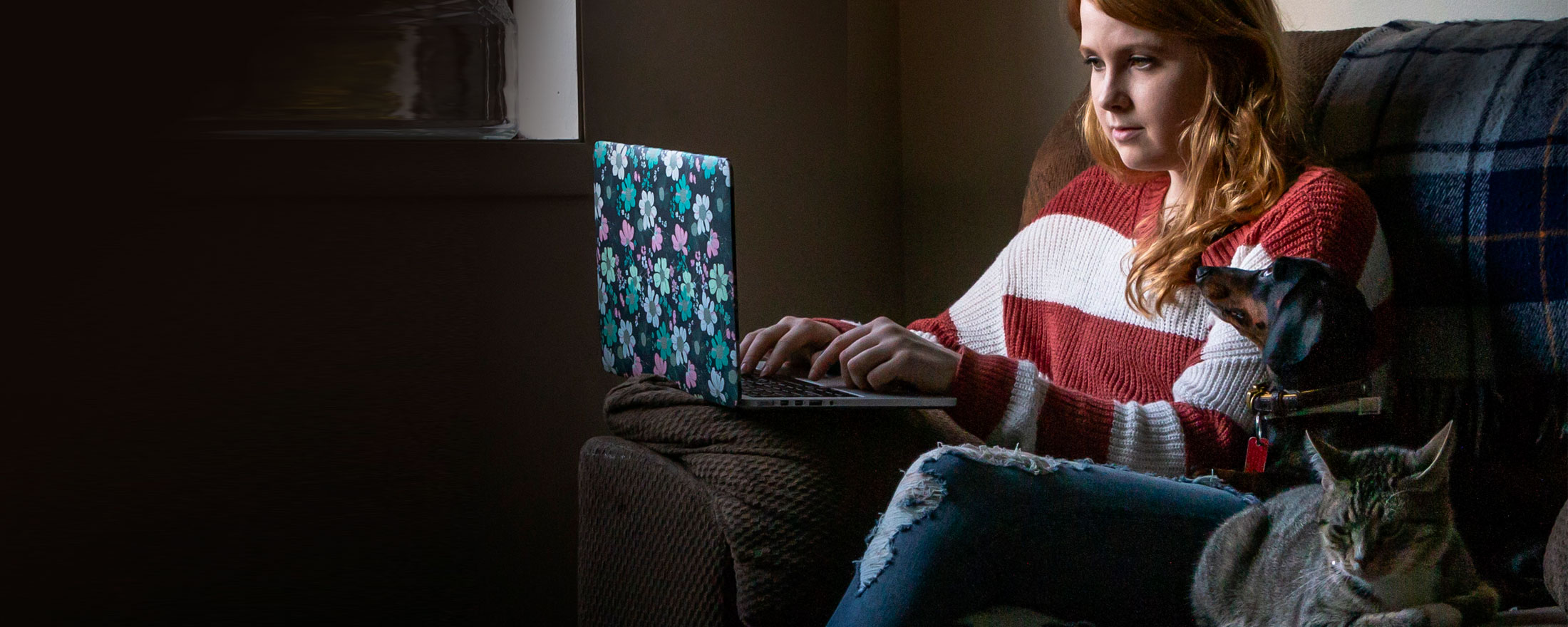
06 Dec 4 Ways to Take Care of Your Dog’s Teeth
We all want our furry friends to live their best lives, and proper oral hygiene is a key piece of your dog’s overall health and happiness. Periodontal disease affects a staggering percentage of adult dogs, which puts them at risk for all kinds of health issues. Our team of veterinary dentists at Animal Dental Care and Oral Surgery in Loveland cares about your dog’s health and happiness. Here are 4 tips on how to take care of your dog’s teeth to help combat periodontal disease and give your furry friend the best life possible.
1. Schedule Regular Cleanings
Perhaps the most important piece of maintaining your dog’s oral health is scheduling regular examinations and cleanings with your veterinary dentist. About 80% of dogs over the age of three have significant periodontal disease that requires treatment. These dental problems can lead to life-threatening infections and health issues including heart, liver, and kidney disease.
Your dog’s teeth don’t need to get to this point. This statistic highlights the importance of starting regular cleanings and exams when your dog is young— and being consistent in scheduling appointments with your veterinary dentist. With a majority of adult pets suffering from some degree of periodontal disease, maintaining your dog’s dental hygiene isn’t a luxury— it’s one of the most important aspects of her overall healthcare.
2. Brush Daily
At-home dental care is another vital component in maintaining your dog’s oral health. Brushing your dog’s teeth daily will help keep harmful bacteria from building up on her teeth and gums. The bacteria that cause periodontal disease can build up on the teeth in less than 24 to 36 hours, so daily brushing is best. Make sure to use a soft-bristled pet toothbrush (preferably double-headed) or a finger brush with pet-appropriate toothpaste. It’s important to use toothpaste that is specifically formulated for dogs, because toothpaste made for humans is not meant to be swallowed, and can be toxic to your dog.
Put a small amount of the toothpaste on your finger and let your dog sniff and lick it. If there’s a positive interest in the flavor of the toothpaste, use it. If she isn’t interested in the toothpaste, we recommend brushing her teeth without it this time. You can find various other flavors through your veterinarian that may be more to her liking. Hold the toothbrush or finger brush against the tooth surface with the bristles pointed toward your dog’s gums. Slowly brush your dog’s teeth and gums using a circular motion, and make sure to thoroughly brush each side of the mouth and way in the back. As with most dog care, the earlier you start practicing things like toothbrushing with your dog, the better. If you are able to begin brushing her teeth when she is a puppy, toothbrushing may be easier in the long run.
3. Feed Your Dog Appropriately
Did you know that dry food is better for your dog’s dental health than soft food? Crunchy kibble is better for your dog’s teeth because it scrapes away tartar as they eat. Soft food is more likely to stick to teeth, causing plaque to build up faster. Talk with your veterinary dentist about your pet’s diet. Some dogs require a special dental diet for optimal oral health. There are specialized dental kibbles for dogs that provide a better cleaning as the dog eats. Ask your veterinary dentist about your options.
4. Give Chew Toys and Treats That Promote Oral Health
There are many dog treats on the market that are designed to keep your dog’s teeth and gums cleaner. Others can actually harm your dog’s teeth. It’s important to know what to look for while shopping for chew toys and treats. Non-abrasive balls and chew toys marked with the Veterinary Oral Health Council (VOHC) seal are best! Talk with your vet for specific recommendations.
Keep Your Dog Smiling!
We hope these tips on how to take care of your dog’s teeth were helpful! Even if your dog’s teeth appear healthy, she should have her teeth examined every six to twelve months. Proper oral maintenance can save you money in the long run— and can save your dog’s life. Letting her oral hygiene go untreated can lead to more costly and involved treatments in the future. Call Animal Dental Care and Oral Surgery in Loveland today at 970-614-4307 or reach us online to schedule your dog’s routine examination and cleaning—and keep your dog smiling for years to come!
Image by angel1238812 from Pixabay (12/6/2019)

